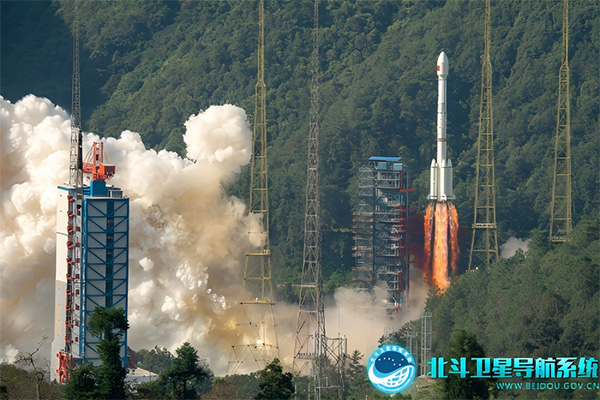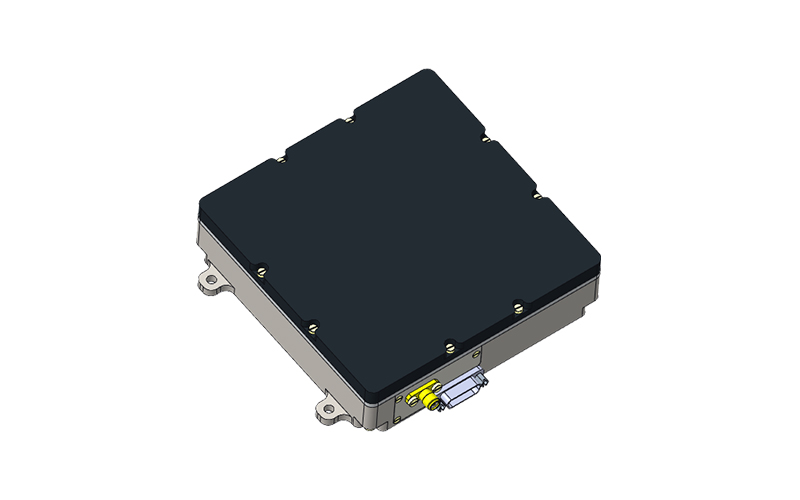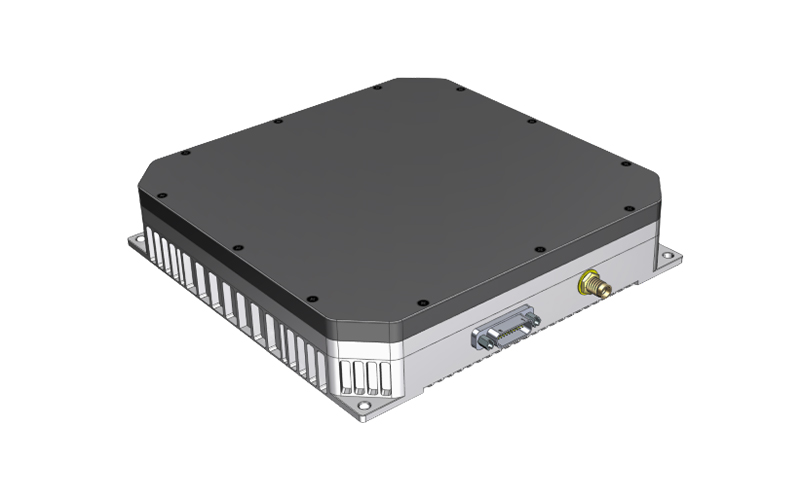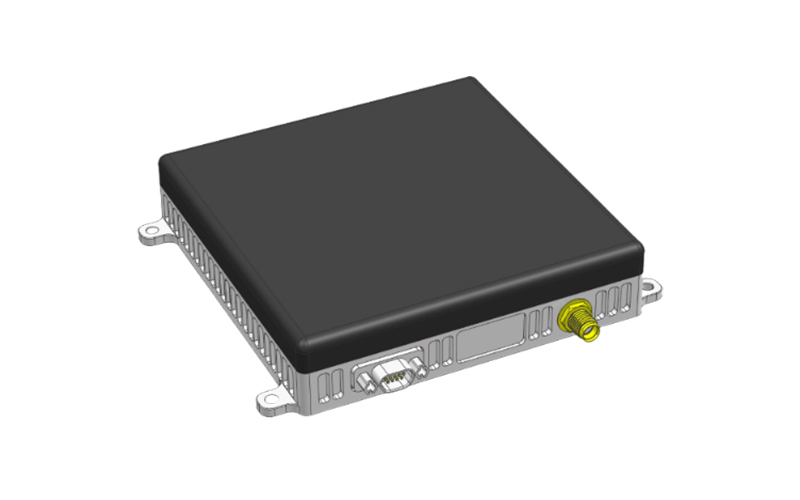China has successfully launched 59 and 60 Beidou navigation satellites
2024-09-18 Form:Beidou Network
At 9:14 PM on September 19, 2024, China successfully launched the 59th and 60th Beidou navigation satellites from the Xichang Satellite Launch Center using a Long March-3B carrier rocket and the upper stage of the Expedition 1. The group of satellites is a medium Earth orbit (MEO) satellite, which is the second group of MEO satellites launched after the completion of China's Beidou-3 global navigation satellite system, and will be connected to the Beidou navigation satellite system after entering orbit and completing in-orbit tests.

The BDS project has gone through a magnificent 30 years since its independence. Adhering to the new era Beidou spirit of "independent innovation, openness and integration, united as one, and the pursuit of excellence", all BDS staff have practiced the development concept of "China's Beidou, the world's Beidou, and the first-class Beidou", and built the BDS into a beautiful "national business card". In the next step, China will accelerate the construction and development of the next-generation Beidou system, and increase technical research on a variety of positioning, navigation and timing means that do not rely on satellites. By 2035, China will build a comprehensive space-time system that is more ubiquitous, more integrated and more intelligent.
The Beidou navigation satellite and its supporting carrier rocket were developed by the Micro-Satellite Innovation Institute of the Chinese Academy of Sciences and the China Academy of Launch Vehicle Technology, respectively. It was the 535th flight of the Long March carrier rocket family.

Photography is by Huang Yuqiao
It was learned from the China Satellite Navigation System Management Office that the two satellites launched this time will carry out the next generation of Beidou System new technology trials on the basis of ensuring the precise and stable operation of the Beidou-3 global satellite navigation system. Compared with the previous MEO network satellites, this group of satellites has upgraded the onboard atomic clock configuration, equipped with a new type of inter-satellite link terminal, after the network work, will further improve the reliability of the Beidou-3 global navigation satellite system and positioning navigation timing, global short message communication and other service performance, while supporting the stable operation of the Beidou system and the scale of the Beidou application. Tests will be conducted to upgrade the next generation of Beidou navigation satellite technology.The BDS project has gone through a magnificent 30 years since its independence. Adhering to the new era Beidou spirit of "independent innovation, openness and integration, united as one, and the pursuit of excellence", all BDS staff have practiced the development concept of "China's Beidou, the world's Beidou, and the first-class Beidou", and built the BDS into a beautiful "national business card". In the next step, China will accelerate the construction and development of the next-generation Beidou system, and increase technical research on a variety of positioning, navigation and timing means that do not rely on satellites. By 2035, China will build a comprehensive space-time system that is more ubiquitous, more integrated and more intelligent.
The Beidou navigation satellite and its supporting carrier rocket were developed by the Micro-Satellite Innovation Institute of the Chinese Academy of Sciences and the China Academy of Launch Vehicle Technology, respectively. It was the 535th flight of the Long March carrier rocket family.

 English
English
 简体中文
简体中文






